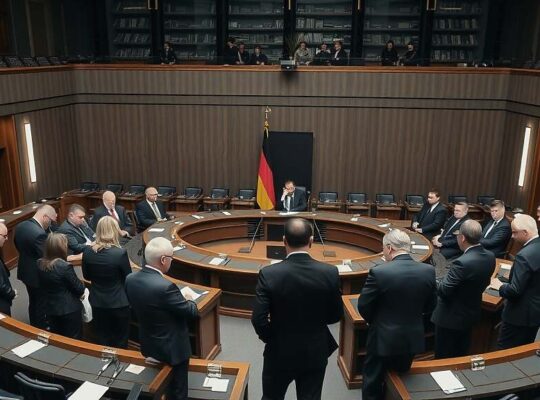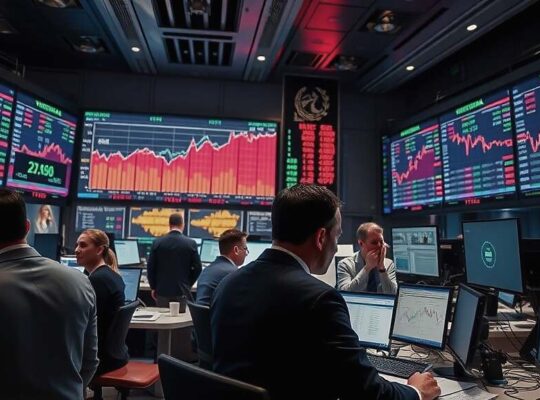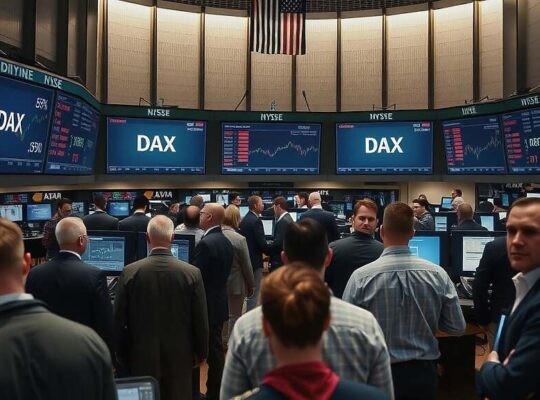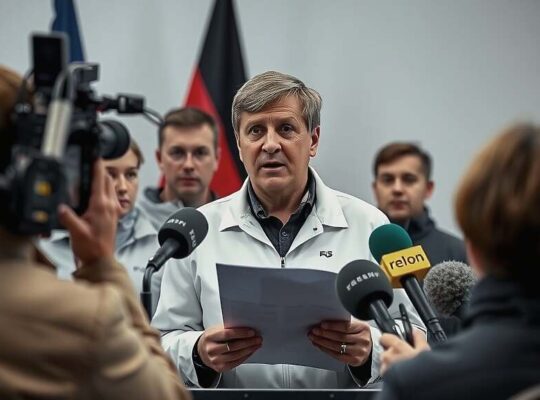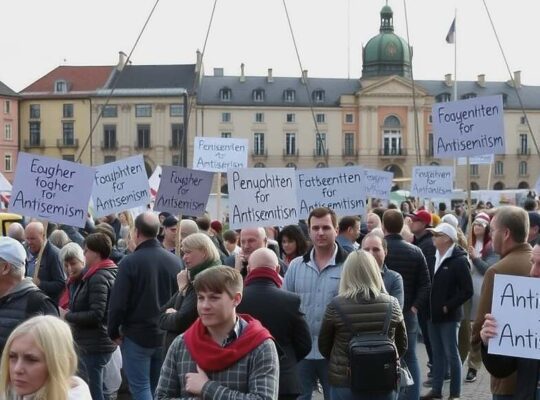Germany’s economic sentiment, as measured by the ZEW institute’s October survey, registered a modest increase, offering a fragile signal amidst persistent headwinds. The index rose to 39.3 points, a 2.0 point improvement from September, according to data released Tuesday from Mannheim. While ZEW President Achim Wambach cautiously described the findings as reflecting “hope for a medium-term upswing” the underlying data reveals a more complex and potentially precarious situation.
The marginal uptick in sentiment arrives despite significant uncertainties surrounding the implementation of Germany’s ambitious state investment program and the ongoing fragility of the global economic landscape. Critically, the survey highlights a continued deterioration in the assessment of the current economic situation, with the corresponding indicator plummeting to -80.0 points – a 3.6 point decline. This discrepancy between expectations and reality underscores the considerable challenges still confronting the German economy.
The survey reveals a sectoral divergence. While export-intensive industries – including metal production, pharmaceuticals, mechanical engineering and electrical equipment manufacturing – experienced a partial recovery in expectations following a recent decline in exports to China, the automotive sector remains conspicuously weak, with expectations slightly worsening. This highlights the sector’s continued vulnerability to shifting global demand and potential disruptions to supply chains, particularly given ongoing geopolitical tensions.
Beyond Germany’s borders, sentiment within the Eurozone has marginally deteriorated. The index now stands at 22.7 points, a 3.4 point drop from the previous month, driven primarily by France’s ongoing budgetary disputes. The assessment of the current situation within the Eurozone also worsened significantly, mirroring the broader sense of economic unease.
The limited improvement in German sentiment, coupled with the concerning deterioration in the current assessment and the Eurozone’s weak performance, raise questions about the sustainability of any near-term recovery. While hopes for a medium-term upswing persist, significant political and economic obstacles – including the efficacy of state interventions, navigating complex international relations and resolving internal fiscal disagreements – remain substantial roadblocks to a robust and sustained revival.



